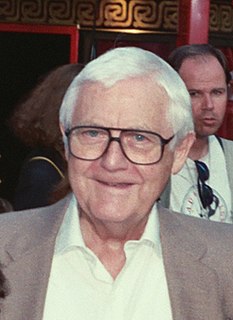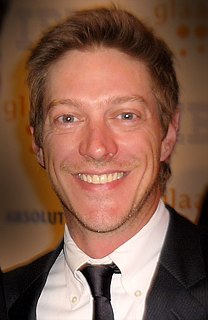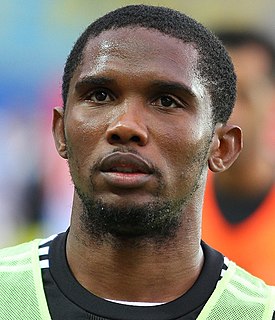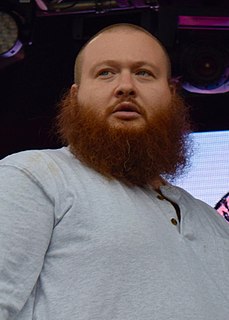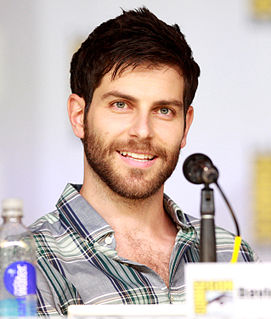A Quote by Robert Wise
Of all the stars whom I worked with, I think Steve knew better what worked for him on the screen than any other. He had such a sense of what he could register, and that helped a lot in terms of shaping the character and the script.
Related Quotes
I really like the "two is better than three" line. People ask me is this drama or comedy? I just think the more colors you have to a film the better. The more genres, the more people will like it. I like relating to the whole general speaking public. The script itself is 99 pages but the novel it is based on is 600. I had to leave a lot of stuff out of the script. I had a limitation of what I could present on the big screen.
I worked on the line, I've been an executive chef, I've worked for the Mets, I've worked for various steakhouses, vegetarian restaurants, a lot of Middle Eastern stuff. I've worked my fair share of a lot of different things. I've worked at festivals and street fairs, you know? I've been through it all.
People talk about Frank Sinatra all the time - and they should talk about Frank - but he had the greatest arrangers. They worked for him in a different kind of way than they worked for other people. They gave him arrangements that are just sublime on every level. And he, of course, could match that because he had this ability to get inside of the song in a sort of a conversational way. Frank sang to you, not at you, like so many pop singers today. Even singers of standards.
